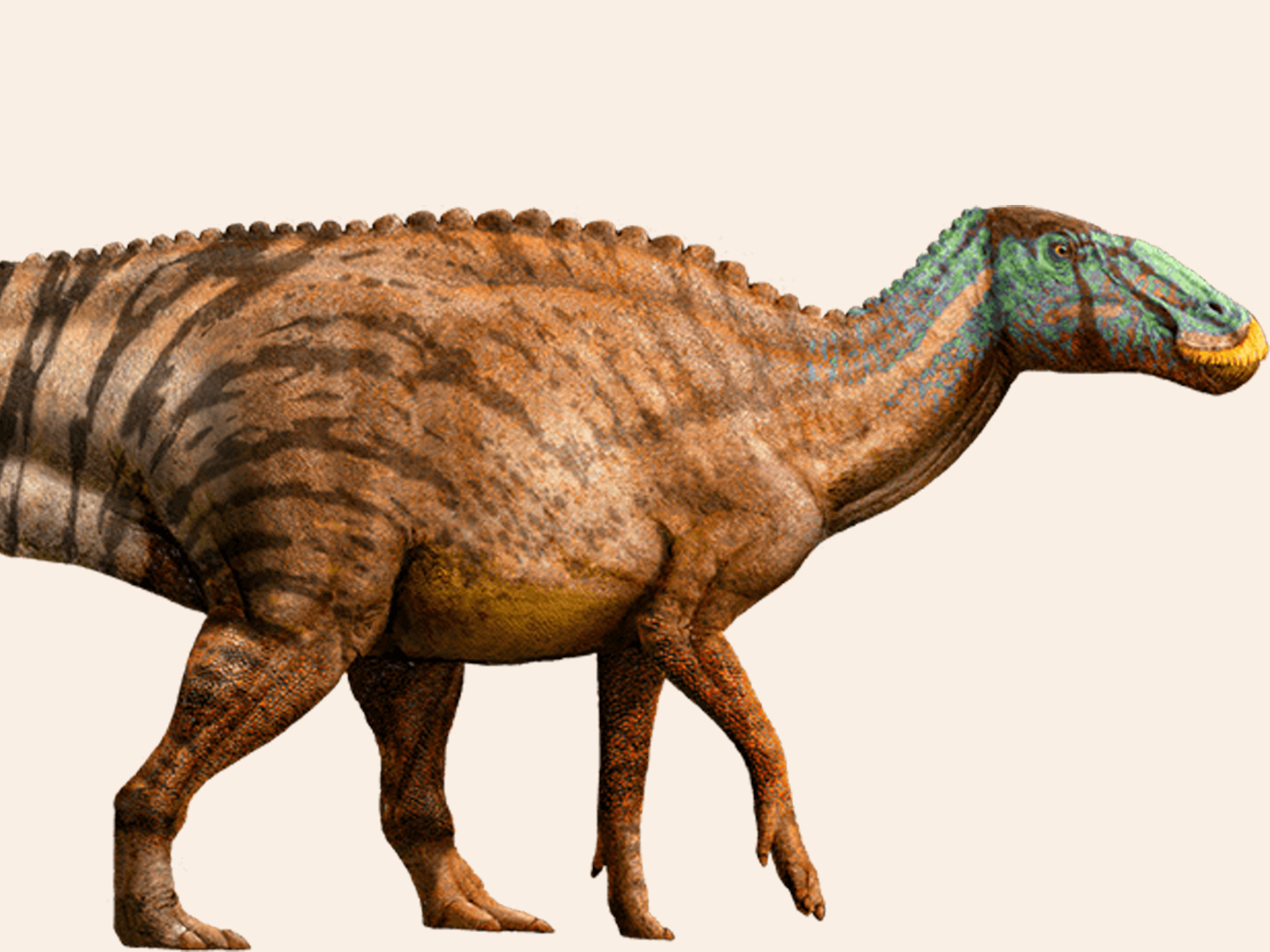He Doth Devise Means
by Henry M. Morris, Ph.D.
“For we must needs die, and are as water spilt on the ground, which cannot be gathered up again; neither doth God respect any person: yet doth he devise means, that his banished be not expelled from him.” (2 Samuel 14:14)
These words of the “wise woman of Tekoah,” spoken to King David concerning Absalom, his son, were wiser than she knew, for they reflect a principle of human experience that affects us all. Human life must eventually deteriorate and die; this declension cannot be reversed any more than water poured down on the ground can be “un-poured” up into the cup again.
This principle is the famous law of entropy (“in-turning”). Physical systems wear out; biological organisms get old and die; societies and empires fall and vanish. All these phenomena are local expressions of God’s universal curse on man and all his dominion (Genesis 3:14-19). It applies to everything, without exception.
However, the very existence of the law of entropy points to a Creator because systems that are wearing out must first have been made new, and beings that die must first have been given life. The very idea of a universal naturalistic evolution of all things into more complex systems is contrary to all real scientific data and is contradicted by all human experience.
Nevertheless, the God who created all things can surely “devise means” by which the law of decay can be set aside. Solar energy and the hydrologic cycle can raise the spilled water; the sinful life can be purified by God’s grace and the blood of Christ; and the dead can be revived by the resurrection life of Christ. Someday the Curse itself will be removed when God creates new heavens and a new earth, and the whole creation “shall be delivered from the bondage of corruption into the glorious liberty of the children of God” (Romans 8:21). HMM
This article was originally published April, 2014. "He Doth Devise Means", Institute for Creation Research, https://www.icr.org/article/7970/ (accessed April 11, 2025).









